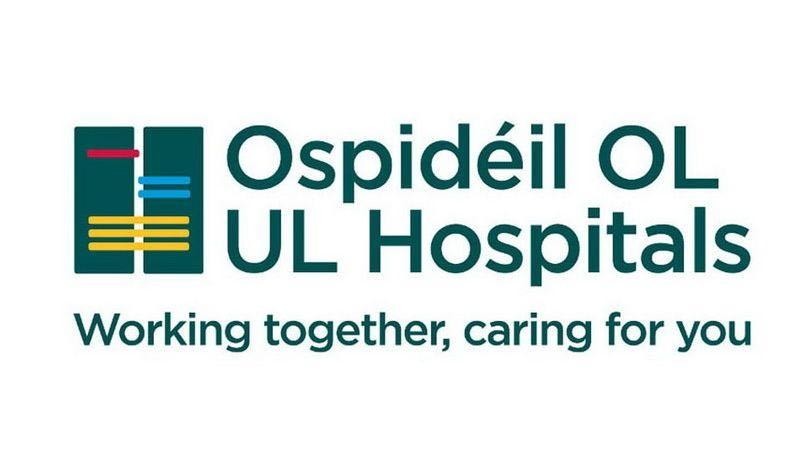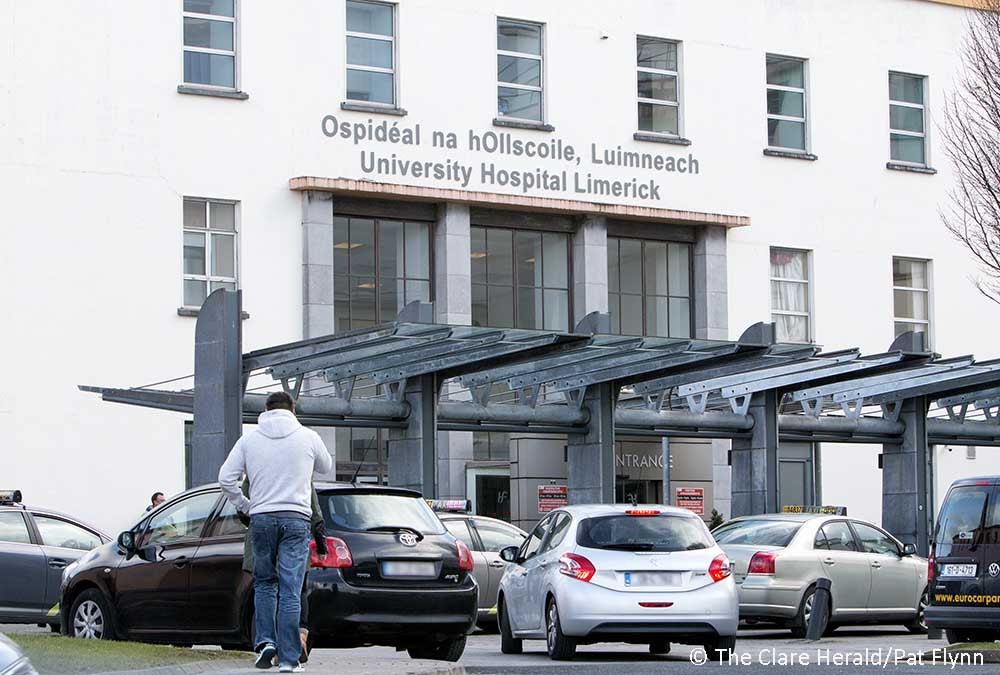
UL Hospitals Group is extending until March 29th the visiting ban in place across all our hospital sites, in line with the Government decision to close all schools, colleges and childcare facilities.
We regret that so many people have been unable to visit their loved ones in hospital, and we acknowledge the impact of loneliness and isolation on people in our care at this time, particularly elderly people.
We have drop-off & collection services available to help people get important personal items to and from their relatives in hospital. Security staff at University Hospital Limerick and reception staff at Croom, Nenagh, Ennis, and St John’s Hospitals will be happy to assist with queries about this service.
The only exceptions to the visitor ban are as follows (with a strict limit of one visitor per patient):
- Partners of women attending University Maternity Hospital Limerick
- Parents visiting children in hospital
- People visiting patients at end-of-life
- People assisting confused patients (e.g. dementia)
- People visiting patients in Critical Care
We thank the public and patients for their cooperation at this difficult time, and for helping us to keep our Emergency Department (ED) as a place where the priority is the treatment of the most seriously injured and ill people, and those whose lives may be at risk.
As an alternative to attending ED we urge everyone to first consider all care options available in their own communities, including family doctors, out-of-hours GP services, and local pharmacies.
Local Injury Units (LIUs) at Ennis and Nenagh Hospitals (8am-8pm daily), and St John’s Hospital (8am-6pm, Monday to Friday) are an excellent option for treatment of broken bones, dislocations, sprains, strains, wounds, scalds and minor burns, without a lengthy wait that can be expected in the ED at this time.
Remember…
COVID-19 is spread through close contact with an infected person’s body fluids (for example, droplets from coughing or sneezing). It is also spread by touching surfaces that an infected person has coughed or sneezed on, which is one of the reasons why it is so important that people wash their hands regularly, practice respiratory etiquette, and try to avoid touching their face.
It can take up to 14 days for symptoms of Covid-19 (Coronavirus) to show. Symptoms may include:
- a cough
- shortness of breath
- breathing difficulties
- fever (high temperature)
Covid-19 (Coronavirus) can also cause more severe illness, including:
- pneumonia
- shortness of breath
- breathing difficulties
- fever (high temperature)
Things you can do to protect yourself from getting Covid-19 (Coronavirus) include:
- Wash your hands properly and regularly
- Cover your mouth and nose with a tissue when you cough and sneeze
- Wash your hands properly and regularly with soap and water or an alcohol-based hand rub:
- – after coughing and sneezing
- – after toilet use
- – before eating
- – before and after preparing food
The general public is advised to follow advice from the HSE and the Health Protection Surveillance Centre to protect their health. Any person concerned that they may have symptoms of COVID-19 (Coronavirus) should immediately isolate themselves from others and contact their GP by phone.
